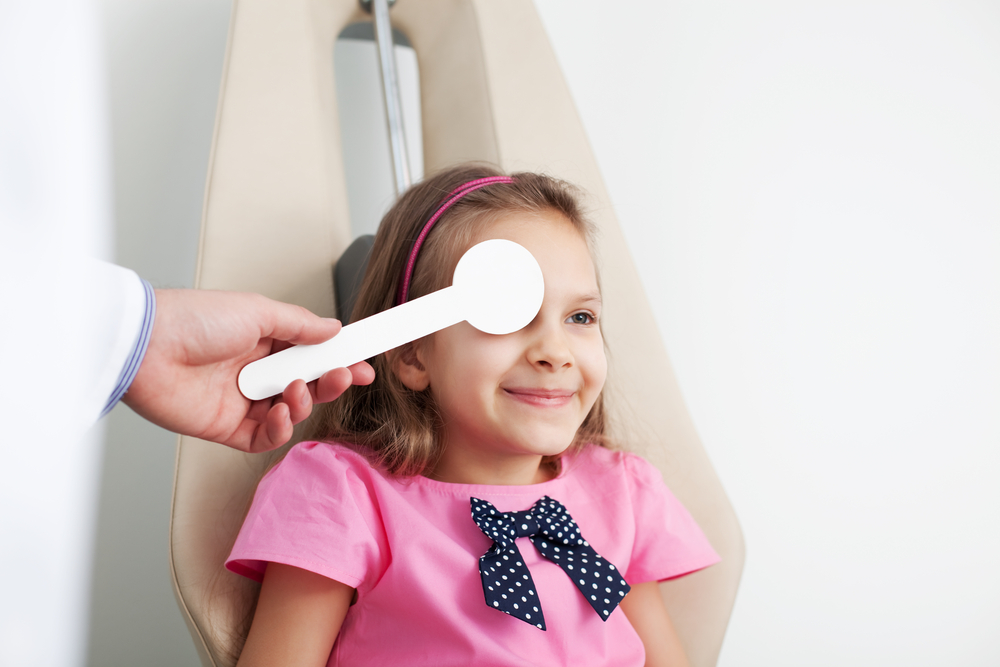
As a parent, you should ensure you find the best pediatric care for your children. Complete care includes pediatric eye care. Many parents overlook eye care and are unaware of the importance of good eye health for their children.
Most parents seek eye care when their child shows signs of vision difficulties. Delays in providing good eye care can impact a child’s education. Find out the role of pediatric eye exams in academic success.
Scheduling Pediatric Eye Exams
Eye experts recommend several eye exams for children before they start school. Parents should schedule the first eye exam when the child is six months old and the second at around three years of age. The next pediatric eye exam should be when the child is five or six.
By the time the child begins first grade, they should have had a comprehensive eye exam. Eye exams monitor development and can detect visual issues that affect the child’s ability to see clearly.
Vision Problems in Children
Vision problems can negatively impact a child’s school performance long before the parent is aware of them. In most cases, young children do not realize they have a vision problem. They assume everyone sees the way they do. Adequate early education is essential for a child’s development.
Full participation at a young age allows children to attain critical skills that ensure academic success. If a child has an undiagnosed visual impairment, they risk not being able to participate effectively in learning programs.
Identifying Eye Problems
Early identification of eye problems is essential to a child’s learning and development. Poor vision can make it difficult for a child to see text and comprehend words. It can cause embarrassment for the child.
The child will avoid reading in class or asking questions, which can negatively affect learning and academic achievement. This is unfortunate because eyeglasses can correct most vision problems easily.
Signs of Vision Problems in Children
Several signs can indicate a child has learning-related vision issues. They include:
Eye strain.
Frequent headaches.
Difficulty identifying shapes.
Short attention span when performing visual tasks.
Poor hand-eye coordination.
Developmental delays.
A pediatric eye doctor can answer any questions regarding vision issues and help schedule eye exams. The doctor can detect eye and vision issues that can cause complications.
Role of Pediatric Eye Exams
Scheduling regular pediatric eye exams can help detect any vision issues that the child may be experiencing. Myopia is one of the most common vision problems that affects many school-age children. Early detection of myopia can allow the doctor to recommend management solutions to slow its progression.
Eye exams can detect subtle visual issues that can impact the ability to learn effectively. Addressing these issues can ensure children experience optimal learning. Good eye health can go a long way toward ensuring your child succeeds academically and socially.









